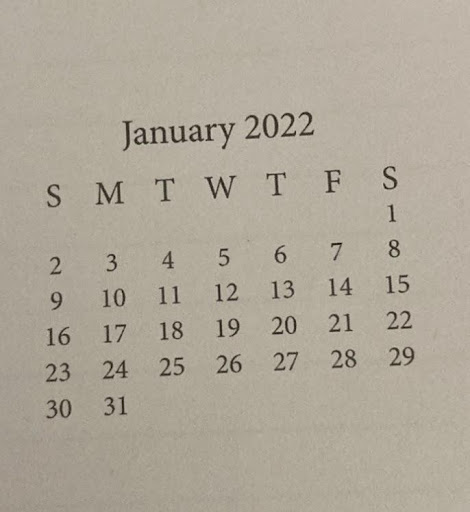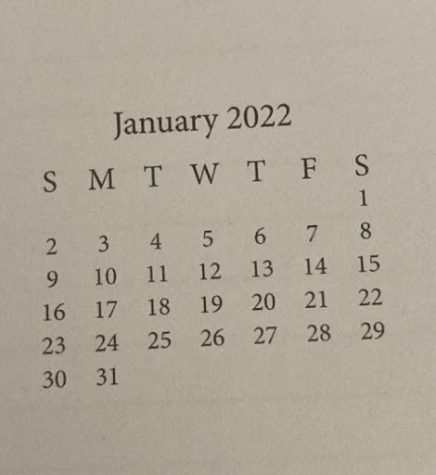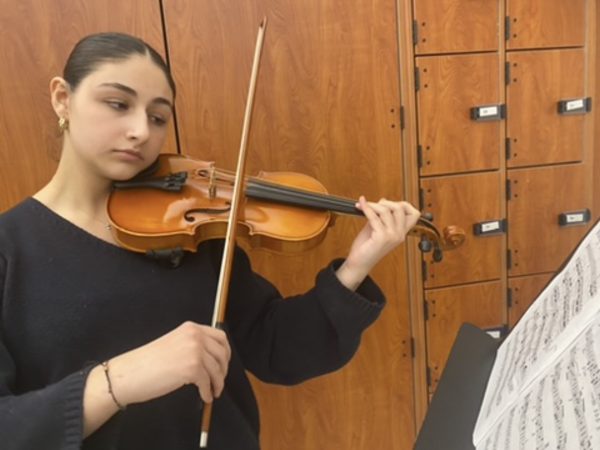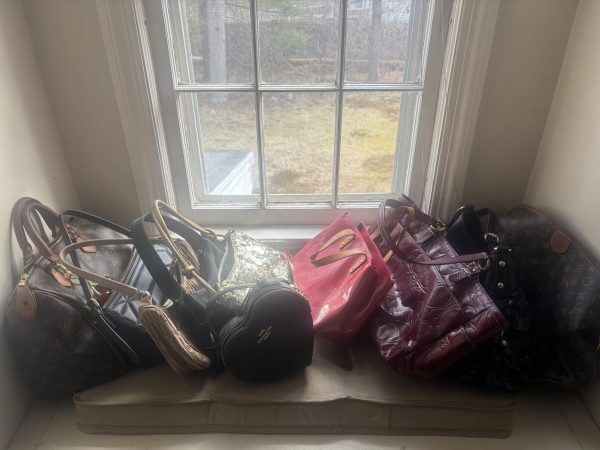The Resolution Revolution

Happy New Year!

Boom! The clock strikes midnight on January 1. The new year has officially begun. Once all of the celebrations have ended, a lot of people start thinking about how they’re going to carry out their New Year’s resolutions. But, how did the idea of creating a resolution for the new year even begin?
The origins of New Year’s resolutions are largely religious, writes Sarah Pruitt of the History Channel. She goes on to note that it’s widely believed that the tradition dates back 4,000 years to the Babylonians (even though their new year would start in the middle of March instead of the beginning of January). The Babylonians would make vows to their gods, promising to do better during the next year and make up for any sins or evil past deeds. If they fulfilled their vows, the gods would bless their new year. But, if they failed, their new year would be cursed.
In Rome, during the year 46 B.C., Julias Caesar marked January 1 as the start of the new year and the day that the god Janus would evaluate people’s deeds over the past year. This caused the Romans to make offers to Janus and promise to do better next year. (trafalgar.com)
By the 1600s, New Year’s resolutions became more widespread. But it wasn’t until 1813 that a Boston newspaper first used the phrase “New Year’s Resolution.” The paper stated that people “will sin all the month of December, with a serious determination of beginning the new year with new resolutions and new behaviour, and with the full belief that they shall thus expiate and wipe away all of their former faults.” (trafalgar.com)
Today, 40 percent of people in the U.S. create New Year’s resolutions, writes Dan Diamond of Forbes. Common New Year’s resolutions include exercising more often, eating healthier, watching less television, spending more time with friends and family, developing a new skill, and saving more money. But only about 20 percent of the people who make resolutions actually manage to keep them, writes Joseph Luciani of health.usnews.com.
However, when you ask around the community, people’s resolutions may be very different. Principal Dan Zittoun wants to get the Hall Youtube Channel to reach 1000 subscribers so that he can stream Black Box shows for free. He is also hoping to do 35 push ups in one set.
Shari Cantor, the Mayor of West Hartford, wishes to be “a more patient person – as a wife, mother, daughter, sister, elected leader, board leader/member, colleague and friend.”
As for me, I would like to get more sleep and to stave off senioritis as much as I can.
Thus, New Year’s resolutions are a tradition that go back several millennia. While we all have different resolutions, we all hope that we can keep them as the new year unfolds. In fact, Zittoun shared one more resolution that we all hope will come true, which is to not have to say “Masks up, please” in 2022.





